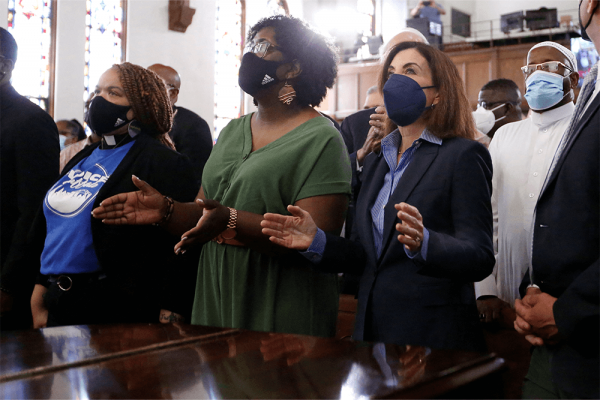May 19, 2022
Before the public outcry dies down — and isn’t sad that we all know it will? — we must boldly and unequivocally denounce the great replacement theory and instead live out the great commandment. The great replacement theory draws on the worst of our nation’s history, falsely implying that nonwhite people are threats to our nation’s future. But the great commandment offers the best of our civic and religious values, reminding us that we are to love our neighbors as ourselves; it lends itself to a moral vision of multi-racial democracy in which everyone, regardless of race, ethnicity, and religion, is equally valued.
Read the Full Article

Already a subscriber? Login
